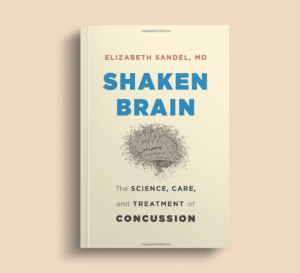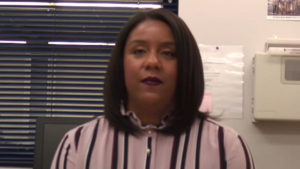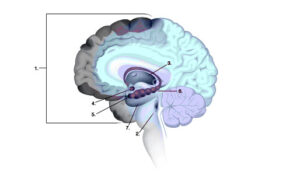Updating the International Sports Guidelines for Concussion

International Consensus Conference Surrounded by Major Controversies
The 6th International Consensus Conference on Concussion in Sport meets on October 27-29, 2022 in Amsterdam. The Conference faces again the task of revising their sports concussion guidelines. The conference comes in the midst of controversies regarding Paul McCrory, the group’s former chair, an Australian researcher and former editor-in-chief of the British Journal of Sports Medicine. Following evidence of plagiarism and other academic misconduct, McCrory resigned as chair. Even prior to this controversy, McCrory and the Consensus Conference had been criticized for their dismissive approach to the gravity of the brain injury epidemic in contact sports.
Repercussion Group Addresses the Evidence of Serious Consequences of Repetitive Head Impacts
In advance of the Conference, the Repercussion Group (RG) submitted a white paper to the four co-chairs. The RG is an international working group of researchers, clinicians, and advocates. The RG’s white paper asserts that previous Consensus Statements have downplayed the dangers of repetitive head impacts and brain injuries – concussions and subconcussions – in contact sports.
NIH Finally Makes a Statement of Causation for Chronic Traumatic Encephalopathy
Decades-long pressure on the scientific and medical community from individuals and organizations like the Repercussion Group to acknowledge the dangers of repetitive concussions and “hits” (subconcussions) has finally been effective. On August 3, 2022, a group of scientists and authors of a review that applied the Bradford Hill criteria for causation of CTE sent a letter to Walter Koroshetz, MD, Director of the National Institutes of Neurological Diseases and Stroke asking for a response. On October 24, NINDS responded by agreeing that there was sufficient evidence to establish causation. (The Centers for Disease Control and Prevention had made a similar statement in 2019.)
Urging a More Patient-Centered Approach to Athlete Brain Injuries
And a Public Health Approach to the Brain Injury Epidemic in Sports
The Repercussion Group contends that the traditional “wait and see” approach is no longer ethically tenable and asks that the Concussion in Sport Group (CISG) take stock of the entire body of scientific evidence and reflect in its new guidelines the moral, clinical, and scientific realities of patients living with the consequences of brain injury in sport, including chronic post-concussive symptoms and neurodegenerative diseases. The RG urges that new guidelines define patient-centered and public health approaches for treating and caring for affected athletes, and not just professional athletes.
More information is available on the Repercussion Group website and through these additional links:
- https://www.theguardian.com/sport/2022/sep/23/new-plagiarism-claims-against-sport-concussion-guru-paul-mccrory
- https://www.nytimes.com/2022/03/21/sports/football/paul-mccrory-plagiarism-concussions.html
- https://www.medpagetoday.com/neurology/headtrauma/101152
- https://bjsm.bmj.com/content/early/2022/10/11/bjsports-2022-105689
“As a member of the Repercussion Group, I look forward to the response of the International Consensus Conference on Concussion in Sport to our recommendations. I hope the new guidelines reflect current scientific knowledge and both a patient-centered and public health approach to the dangers of repetitive head impacts in sports. “
Elizabeth Sandel, MD. Author of Shaken Brain: The Science, Care, and Treatment of Concussion. (Harvard University Press, 2020)
You Might Also Like
Concussion Expert on Youth Sports: “Time to Make Some Decisions”
Dr. Sandel talks with Dan Carson at WBHM about the risks of concussion, especially repeated concussions that occur in collision sports.
Concussions in College Athletes
Dr. Melita Moore, a physiatrist, sports medicine doctor, and brain injury medicine physician reports about her experiences when she served as the physician for University of California Davis sports teams. She discusses collision sports such as football and soccer that have a high incidence of concussion, but also other sports…
Repetitive Brain Trauma and Chronic Traumatic Encephalopathy (CTE)
There’s a link between chronic traumatic encephalopathy (CTE) and repetitive brain injuries that occur in boxing and American football. This is a progressive neurodegenerative disorder that can lead to severely-disabling neurologic and psychiatric disorders. Learn about the science, diagnostic criteria for traumatic encephalopathy syndrome (TES), and possible treatment approaches.
Keep up to date
Get updates on the latest in concussion, brain health, and science-related tools from Dr. Elizabeth Sandel, M.D.
By clicking SIGN UP, you agree to receive emails from Dr. Sandel and agree to our terms of use and privacy policy.
Get the book!




